A brief decade into the 21st century has already witnessed phenomenal change occurring within the travel and tourism industry – change that is likely to continue. The Plenary Three session at the Pacific Asia Travel Association (PATA) 60th anniversary and Conference event being conducted at the China World hotel, Beijing, had Richard Quest, CNN presenter and anchor, as the moderator for the session that covered topics from distribution challenges; changing demographics; technology innovations, and the rise of ‘good’ tourism…

A brief decade into the 21st century has already witnessed phenomenal change occurring within the travel and tourism industry – change that is likely to continue.
The Plenary Three session at the Pacific Asia Travel Association (PATA) 60th anniversary and Conference event being conducted at the China World hotel, Beijing, had Richard Quest, CNN presenter and anchor, as the moderator for the session that covered topics from distribution challenges; changing demographics; technology innovations, and the rise of ‘good’ tourism.
Amitabh Kant, managing director – Delhi-Mumbai Industrial Corridor, opened the proceedings as lead presenter. Kant began his talk by stating that there was a huge process of urbanisation taking place in both India and China; within the next 15-years, China would create cities equal to the size of most Europe. Mentioning the number of airports that the country has planned in the pipeline, he said that India was creating 115 new airports in its various states, leading to a new form of consumerism.
Kant went on to say that India and China would be the travel tigers of the world. Large volumes of Indians and Chinese would travel; he gave the example of the average Indian spend in the UK, which was GBP792 a week, versus the average American spend in the UK which was GBP710 a week. According to him, demographics would configure the politics around the world; for instance, India was passing through a window of demographics rarely witnessed, where 70% of its population was below 35-years of age. He also said that there would be a shortage of skilled workers globally, which was a huge opportunity for India and China. The mind shift was already happening; while earlier, the best hotel chains in India and China would hire expatriates, there would probably now be a reversal in this trend with the Ritz-Carlton’s and Four Seasons’ hiring managers from this part of the world.
Kant further added that mass tourism had several devastating features. “As a tourism community, we should focus on what PATA terms as ‘good’ tourism. When you talk about good tourism, be it responsible, sustainable or eco tourism, we should keep in mind the repercussions it brings too.”
Referring to technology, he said that it would be a key critical feature for the future where travel would remain the number one category online. “I also see a huge play on marketing through social media, which clearly demonstrates a younger India; social media combined with search engines will drive the travel and tourism industry,” he said. Kant added that there was a phenomenal power of the mobile ’phone, which would drive the global economy; it would play a dominant role and be the key driver in travel and tourism.
Azran Osman-Rani, chief executive officer, Air Asia X, said that social media played an important role in the industry. “Comments and content from social media help us to understand the most important trends and issues arising in our industry,” he said. Deep Kalra, owner and founder of MakeMyTrip, India, concurred with that. “The traditional way of communication such as word-of-mouth and letters to newspapers are still important, however, social media can amplify the message. It can help us figure out the industry’s trends and how we should move forward in order to remain relevant,” said Kalra.
Dr Mathew McDougall, group CEO and executive chairman, SinoTech Group stated that in China, people trust what is commented on in social media, and that more exposure would only create maximum impact. “In my view, there should also be more awareness about social media among every level of PATA members,” he said.
Taking off on the point that Kant made regarding the shortage of skilled workers globally, Michael Maple, executive director, The Boeing Company, said that aviation was going to require training to support the growth in the sector. “At least 126,000 pilots and a quarter million mechanics need to be recruited and trained, which is a huge challenge,” he said.
A point that all the panellists were in agreement on was regarding environmental issues. Kalra said more and more travellers were beginning to feel responsible for environmental issues, and agreed to pay extra for carbon offsets while making their booking. Maple stated that great progress had been made in the last few years, with changes to aircraft design and more fuel-efficient landings. Said Jiwei Xu, president, Huangshan Tourism Development: “Good tourism is based on green tourism, for which we need the participation of all players.”
Plenary Four followed soon after, and the discussion revolved around the theme ‘Growing with Tourism’. Geoffrey Lipman, director, greenearth.travel, and managing director, Beyond Tourism, was the lead presenter for this session. The panel consisted of PATA Life members which included Brian Deeson, Dr Chuck Y Gee and Tunku Iskandar, as well as selected industry professionals namely Andrew Chan, CEO, TMS Asia Pacific and Chris Flynn, regional director, Pacific, PATA. The session was moderated by Peter Semone, chief technical advisor, Lao National Institute of Tourism and Hospitality. Fiona Huang Hao, Institute for Tourism Studies, Macau, and the PATA ‘Tomorrow’s Tourism’ contest winner, also took part in this session.
The panellists stressed the importance of education, and that PATA should work on helping future generations to take tourism as a career of choice rather than something that they fall into. Said Tunku Iskandar, group president, Mitra Malaysia Sdn Bhd: “We need to grab people’s interest into the industry from the time they are in school. Otherwise, we become the employer of last resort.”
Andrew Chan, CEO, TMS Asia Pacific, voiced a concern about the difficulty in finding service workers. “Getting grassroots people is really difficult as lots of Generation Y are very educated. They come into the industry with MBAs and PhDs so they don’t want to be service staff, instead, want to go straight to the management level,” he said.
Concurred Dr Chuck Y Gee, professor, University of Hawaii System: “If PATA can do something for young people, it is to sharpen the focus on tourism as a profession.”
Chris Flynn, regional director, Pacific, PATA, suggested that PATA engage students by offering them free membership and access to PATA reports and other services, a suggestion that was well-received by the other panellists present at the session.
Theodore is the Co-Founder and Managing Editor of TravelDailyNews Media Network; his responsibilities include business development and planning for TravelDailyNews long-term opportunities.





















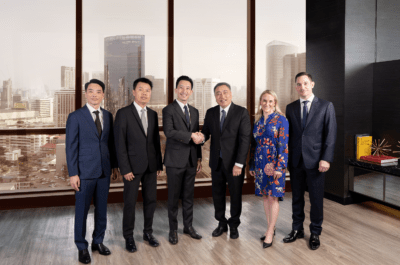
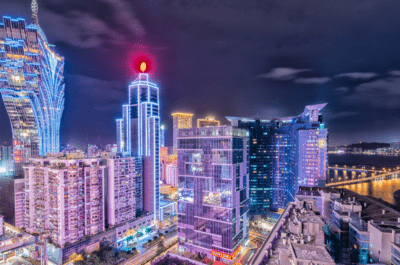
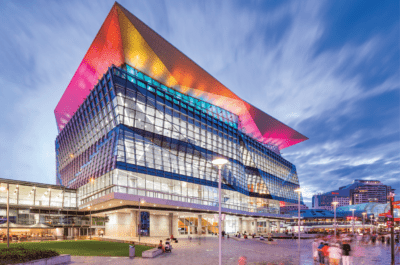


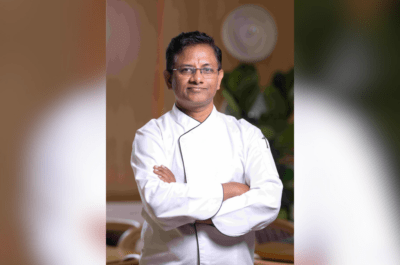
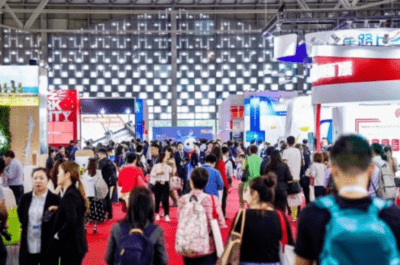
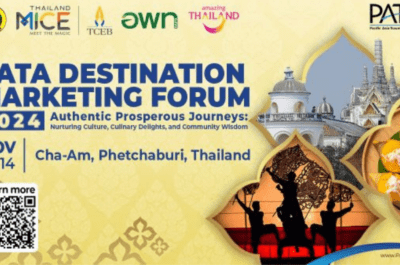

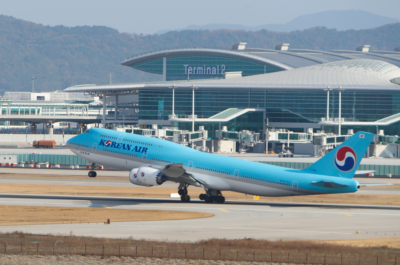















![[PR] PR_Ascott and Vimut Hospital_2024](https://www.traveldailynews.asia/wp-content/uploads/2024/04/PR-PR_Ascott-and-Vimut-Hospital_2024-400x265.jpg)


















